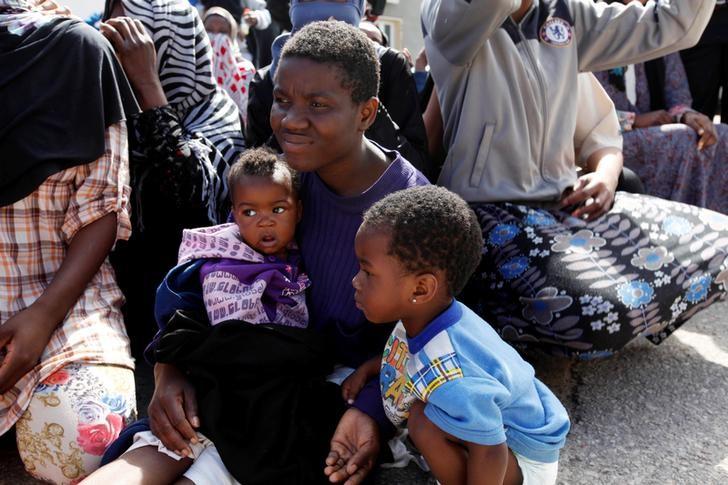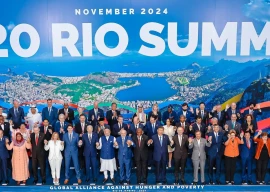
While all migrants and refugees are at high risk, children and youths on the move are far more likely to experience exploitation than adults over 25, while children from sub-Saharan Africa were found to be most vulnerable.
The voyage from North Africa, primarily Libya, across the Central Mediterranean to Italy and the route between Turkey and Greece known as the Eastern Mediterranean route have become the two most common paths to Europe.
"If you try to run, they shoot you. If you stop working, they beat you," the report quoted Aimamo, a 16-year-old unaccompanied child from Gambia, as saying. "We were just like slaves," said the child, who described being forced into months of grueling manual labour by traffickers in Libya.
Black History Month: Tales of slavery and struggle
About 83 per cent of children from sub-Saharan Africa trying to reach Europe through Libya were at risk of exploitation and trafficking compared to around 56 per cent of those from elsewhere, with racism a significant contributing factor behind the discrepancy, the report found.
The global number of refugee and migrant children moving around alone has reached a record high, with at least 300,000 unaccompanied and separated children recorded in about 80 countries in 2015-2016, up from 66,000 in 2010-2011, the report said. "The stark reality is that it is now standard practice that children moving through the Mediterranean are abused, trafficked, beaten and discriminated" stated Afshan Khan, UNICEF's regional director in Europe.
"EU leaders should put in place lasting solutions that include safe and legal migration pathways, establishing protection corridors and finding alternatives to the detention of migrant children."
In a separate report published on Monday, the IOM said they had recorded more than 23,000 migrant deaths and disappearances globally since 2014. With the real number likely to be much higher, the report found, as many deaths go unrecorded or bodies are never found or able to be identified.
"For people who leave their countries to escape violence, instability or poverty, the factors pushing them to migrate are severe," said Eugenio Ambrosi of IOM. "They make perilous journeys knowing that they may be forced to pay with their dignity, their well being or even their lives."
1732434981-0/BeFunky-collage-(10)1732434981-0-405x300.webp)





1732428810-0/Copy-of-Untitled-(3)1732428810-0-270x192.webp)
1732425487-0/BeFunk_§_]__-(42)1732425487-0.jpg)









COMMENTS
Comments are moderated and generally will be posted if they are on-topic and not abusive.
For more information, please see our Comments FAQ